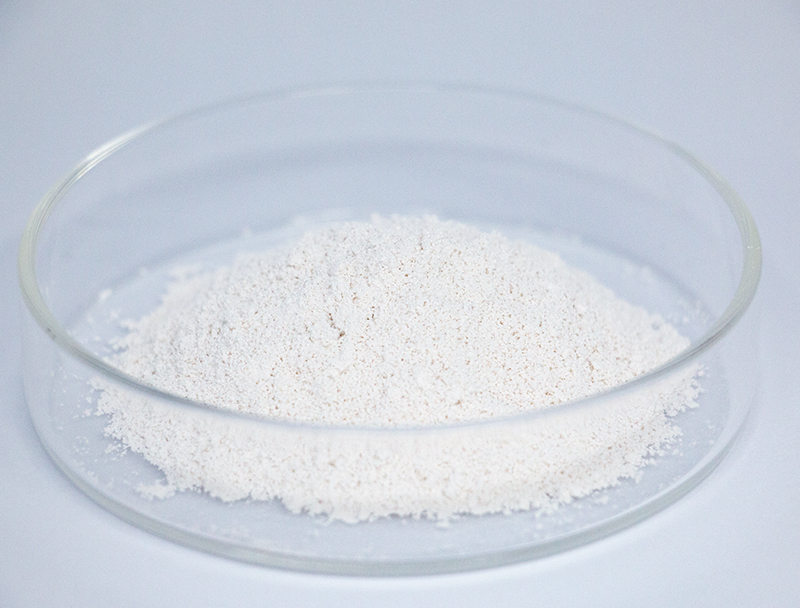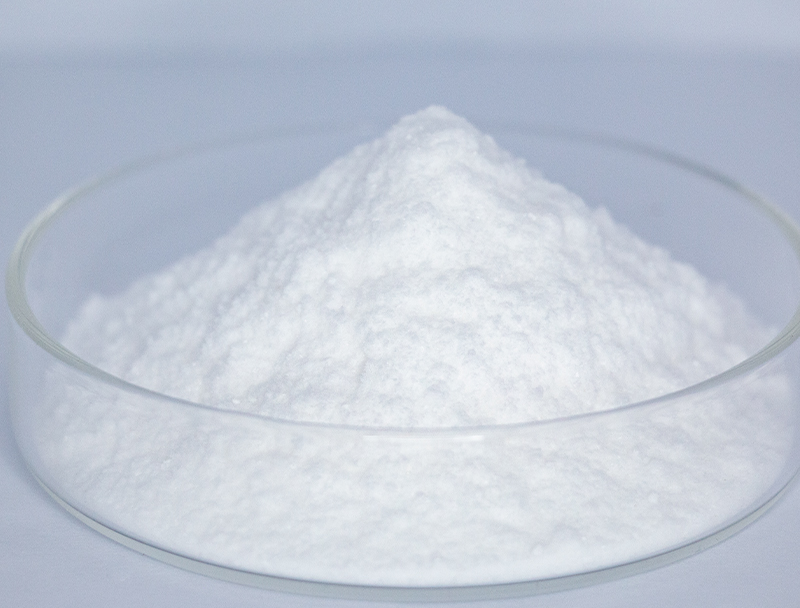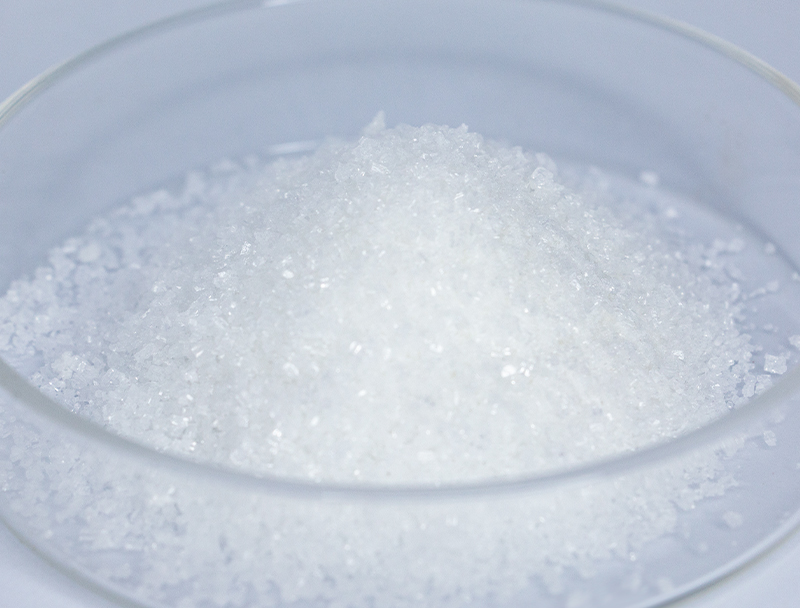
Large-scale bioproduction hinges upon a vast array of base components to create novel bio-derived items.
Securing ethical acquisition of feedstocks forms the foundation of durable, responsible industrial growth.
a range of complications linked to historic procurement practices such as ecological damage and resource depletion. Hence, industry players ought to pursue innovative supply solutions to lower carbon burdens.
- Illustrations of eco-conscious sourcing involve:
- Adopting organic-origin materials from crop remnants
- Installing reclamation workflows to diminish waste and heighten recovery
- Teaming up with provincial partners who practice sustainable procurement
Such a move to ethical procurement delivers ecological gains and commercial returns over time.
Upgrading Feedstock Traits for Better Biofuel Performance
Optimizing biofuel yields depends strongly on feedstock quality and makeup. Analysts tirelessly probe advances to elevate feedstock conversion, resulting in superior production volumes and sustainable energy gains. Tactics include molecular breeding to increase biomass and chemical or physical pretreatments to release sugars.
- Likewise, initiatives explore candidates such as algal biomass, process wastes, and agricultural leftovers to extend sustainable feedstock availability for fuels.
- Owing to ongoing work the biofuel domain is primed to reach substantial milestones advancing renewable energy adoption.

Upstream Process Improvements for Modern Biopharma Production
includes primary operations from inoculation through cell collection Recent advances in this domain have led to improved production processes, ultimately increasing product yield.
Salient improvements involve specialized expression hosts, fine-tuned media strategies, and next-gen bioreactor concepts. These advances improve throughput while lowering both operational expenses and ecological footprints.
- Likewise, the move to continuous systems facilitates better adaptability and streamlined upstream production.
- The progression to advanced biomanufacturing approaches should modernize the field and quicken therapeutic progress.

Advances in Gene Editing to Boost Therapeutic Production
refinements in gene-targeting technologies have advanced protein production workflows. Via deliberate gene edits, teams amplify protein expression for higher yields. This capability can unlock development of cost-efficient, high-performance biologics for many conditions.
Applying Microbial Tools to Improve Environmental Remediation
innovative solutions for sustainable bioremediation, a critical process for addressing environmental pollution. Specialized microbes can enzymatically degrade pollutants to reduced-toxicity products.. Employing microbial processes facilitates remediation approaches that preserve ecosystem integrity while reducing pollution.. Investigators study multiple microbial strains for abilities to transform metals, degrade agrochemicals, and process petroleum wastes.. Microbial cultures can function in contained bioreactors or be deployed onsite to facilitate biodegradative remediation..
Microbial remediation approaches present key benefits relative to classic remediation methods. This method provides a low-cost, low-waste alternative to conventional remediation. Additionally, microbial tactics can target contaminants selectively while preserving surrounding ecological systems. The field is rapidly refining methods to make microbial remediation more efficient and broadly effective.
Computational Biology in Drug Discovery
Bioinformatics techniques are integral to present-day therapeutic development workflows. By screening targets and refining candidate molecules, informatics drives faster, evidence-based development.
- By interrogating large-scale omics and clinical information, scientists find new targets and predict candidate efficacy.
- Also, in silico modeling of molecular interactions accelerates optimization toward more selective therapeutics.
- Finally, data-driven informatics is changing drug development and hastening patient access to effective therapies.
Fine-Tuning Metabolism to Maximize Bioproduct Synthesis
utilizes multiple approaches to enhance production of desirable bioproducts in cells. Options include metabolic rerouting via gene edits, expression tuning through regulatory control, and incorporation of foreign enzymes to expand function.. With precise metabolic tuning scientists can greatly enhance yields of desired compounds.
Such an integrated approach may disrupt diverse fields including therapeutics, crop science, and sustainable fuels.

Scale-Up Challenges and Prospects for Biopharmaceuticals
Commercializing biopharma production involves significant constraints and promising benefits. Sustaining uniform quality across expanded production capacity is a principal challenge. Managing it necessitates robust automation, high-fidelity monitoring, and powerful analytical capabilities.

Additional complexity arises because biopharma production entails many coordinated stages.. Refining processes for commercial volumes demands deep R&D investment and novel engineering solutions.. Despite challenges, the benefits may be considerable. Effective scale-up may expand patient access to therapies, cut unit costs, and improve margins.
Numerous initiatives aim to tackle these scaling challenges. Plans feature next-gen optimization hardware, sophisticated real-time analytics, and forward-looking production strategies.
- Ongoing innovation drives improvements in industrial production capability.
- Authorities are revising processes to enable faster clearance of manufacturing innovations and encourage progress.
Understanding Regulatory Oversight to Ensure Biopharmaceutical Quality
Producing biopharmaceuticals demands comprehensive oversight to guarantee safety and clinical effectiveness. Biologically based treatments require tailored oversight and production controls beyond those for typical medicines.
Regulatory authorities including FDA and EMA are central to creating criteria and processes for approving innovative biologics..
Rigorous testing protocols are mandatory throughout the development lifecycle, from N-Acetylneuraminic acid pre-clinical research to post-market surveillance.. These measures aim to identify potential risks and guarantee that biopharmaceuticals meet the highest levels of safety..
Furthermore, regulatory bodies are constantly evolving their approaches to keep pace with the rapid advancements in biopharmaceutical research.. Strategies include welcoming technological advances and simplifying development while prioritizing patient safety.

Exploring the Potential of Plant-Based Biomass Feedstocks in Bioplastics
Growing emphasis on eco-conscious materials catalyzes research into plant-based options. Using plant feedstocks to make bioplastics gives a promising direction for sustainable material development. Organic feedstocks like cornstarch, cellulose, and sugarcane can be converted to compostable polymers that shrink the environmental footprint of plastics.
Similarly, selected bioplastics offer analogous properties to traditional plastics suitable for many applications.. Continued research and innovation in this field are crucial to unlocking the full potential of plant-based biomass feedstocks in the manufacture of sustainable bioplastics, paving the way for a circular economy.
Biotech Contributions to Global Health and Crop Productivity
Biotechnology offers potent solutions for advancing public health and enhancing food security. Applying targeted genetic edits, synthetic biology frameworks, and cellular therapeutics, practitioners produce measures to address infectious disease, boost harvests, and upgrade nutritional content.. As an example, crop genetic improvements for pest and stress resistance help boost production and cut dependence on chemical pesticides.. Moreover, biotechnology plays a crucial role in developing vaccines, antibiotics, and diagnostic tools that are essential for combating infectious diseases and improving global health outcomes.. As research progresses, biotechnology holds immense promise for creating a healthier and more sustainable future for all.
